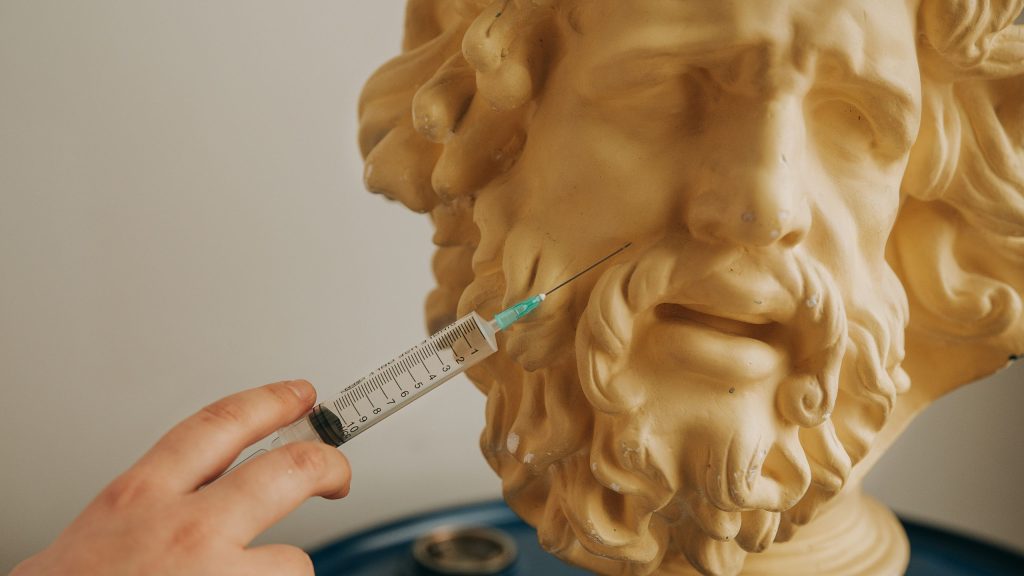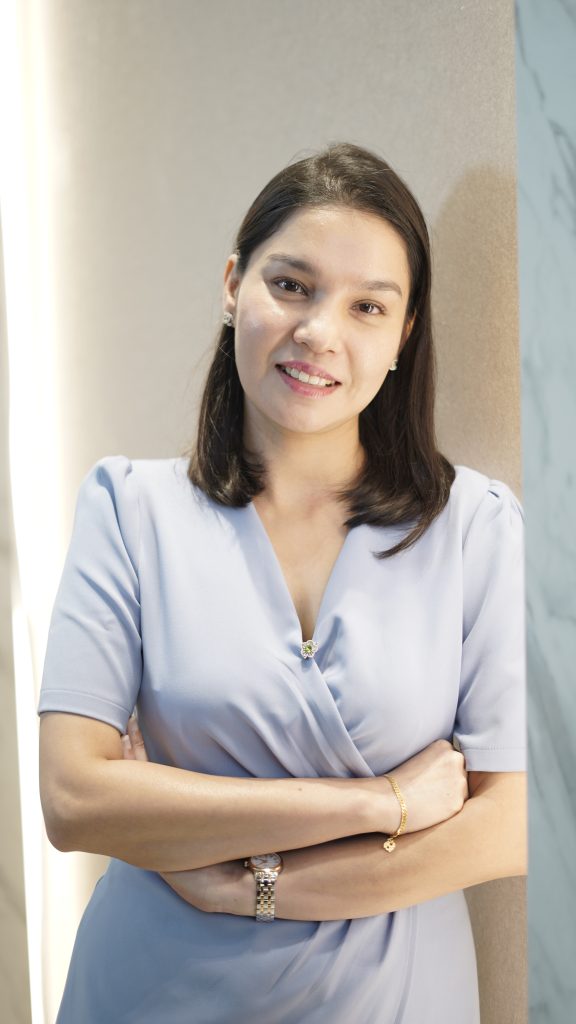
Sure, there’s always a first time for everything, but that doesn’t mean we go into the unknown with our eyes closed. Especially where cosmetic injectables are concerned, it’s best to proceed with precaution instead of willful ignorance. So before you book that appointment, these are some questions that should clear away some of your preliminary apprehensions.
We spoke to two aesthetic doctors who are experienced practitioners in their field, Dr. Jason Yip and Dr. Lazwani Kolandaiveloo. Dr. Yip, the founder and medical director at Astute Clinic, has over a decade’s experience in the field of aesthetic medicine and is a trainer for several brands of cosmetic injectables in the market.
On the other hand, Dr Kolandaiveloo, also from Astute Clinic, has a deep interest and appreciation for medical aesthetics having published multiple accredited medical papers.
From when to start exploring cosmetic injectables to the after-care, our conversation with the two experts here also includes suitable candidates for the method of delivery and most significantly, the importance of cultivating a relationship with your aesthetic doctor.


Will cosmetic injectables ever replace skincare?
Dr Lazwani Kolandaiveloo (DK): Not really. Injectables are more intensive whereby we go in to treat issues in our skin. Skincare will always play a role because it is mainly for the maintenance of skin quality. There’s really no point in doing many treatments here but continuing without a proper skincare regime—it defeats the purpose.
Can we have it done once and be good for the rest of our life?
DK: No, unfortunately, we haven’t found the fountain of youth. You can’t do it one time and expect the results to maintain forever. The ageing process continues, so there’s no stopping that clock.
Are injectables good for every skin type?
DK: More than the method itself, this depends on what we’re injecting. Different products cater to different skin needs and skin types. Some products may be suitable for some skin types and not for other groups. For example, collagen biostimulators like GOURI, hyaluronic acid (HA) fillers and toxins work differently and address different issues and concerns.
Would we require more delicate care post-injection?
DK: There’s always the risk of bruising when you go for injectable treatments. What I would recommend is for my patients to take a break from exercising, being in a sauna, and alcohol. Doing these would increase blood flow, and your blood vessels will dilate. This in turn would make the swelling more obvious. Avoiding all these would reduce the risk of bruising.
Dr Jason Yip (DY): We usually recommend our patients abstain from these activities for about two to three days post-injection.
Is there a situation where you won’t suggest cosmetic injectables?
DY: Of course, if the patients are averse to injections, we will honour their decision. Some patients are also against having anything foreign injected into the skin, so they can go the natural route. Cases where we will advise patients against the procedure are where they are pregnant, are currently dealing with certain diseases, or have any autoimmune problems. But generally speaking, if everything checks out, there’s no reason why we can’t go ahead with the procedure.
What age do you think is an appropriate age to start considering injectables?
DY: This is quite subjective. Sure, when we’re talking about skincare, they’re good to go as soon as they hit their teens. However, when it comes to injectables, I think we should follow the age of consent, which is 18 years old. Anything less, you would need your parent’s consent to perform the procedure.
What’s your take on patients that shop around for their aesthetic doctors?
DY: I totally understand the attraction. But when we’re talking about measuring the outcomes, it is easier for us doctors to know what you have had done in the past, what works for you, and what does not. When you start shopping around, you might end up going to another clinic and have repeat treatments done.

Can you shed light on the importance of going to certified practitioners and facilities?
DK: The most important thing is how they manage if there is any complication. This reflex only comes with experience, having done this time and time again. For aesthetic doctors, we have to go through a special examination [Letter of Credentialing and Privileging (LCP) by Ministry of Health Malaysia], which we can only look into taking after four to five years of being in the industry. There are also interviews to be passed.
As for certified facilities, it has to be certified clinics. Nowadays, there are lots of beauty salons and medspas that offer cosmetic injectables, and these are not certified facilities. You have to question here, if the clinic itself isn’t certified, what about the person attending to me? You will be surprised at the number of patients that come to me, asking me to fix what they have had done previously at a beauty salon. To me, their safety is of utmost importance.
So how do we know where to go?
DK: The easiest way is to read the business signboard. Look for the word ‘KLINIK’ at the top left-hand corner. For procedures such as cosmetic injectables, it’s best to avoid the ones marked as “BEAUTY SALON” or “MEDISPA”, as most of them are attended by beauticians and not certified aesthetic doctors.
More insights from experts here.
